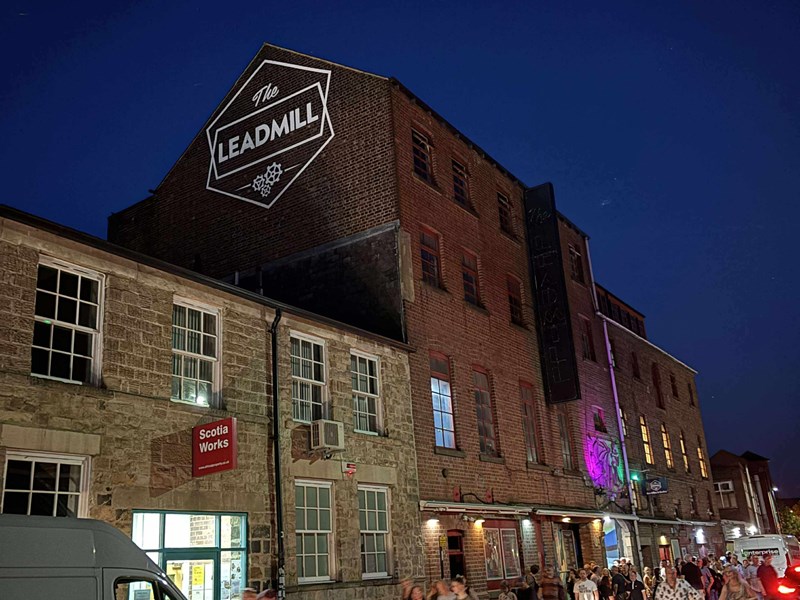Who Owns Culture? The UK’s Music Roots Face an Uncertain Future

As 200,000 people gather this week at Glastonbury - the summit of the UK’s music ecosystem - it’s easy to believe that the music sector is thriving. But while the pyramid stage shines brightly, the base is crumbling.
In response to growing concerns, a fan-led review of live music has been launched by Parliament, chaired by Lord Brennan of Canningtown, aiming to address the fragility of the grassroots ecosystem. The review will explore how to make the sector more sustainable - from protecting local venues and supporting emerging artists, to improving safety, enhancing the audience experience, and examining how national and local government can better support live music.
To understand why this matters, we need only look to Sheffield. Just a day after the House of Lords debated the future of UK music venues, and on the heels of the Government’s new Creative Industries Sector Vision, a powerful reflection from IPM Member Brendan Moffett reminds us what’s at stake. The story of Sheffield’s Leadmill, a grassroots cultural institution on the brink of erasure, reveals the fragile reality beneath the headlines.
Sheffield's Leadmill has never just been a venue, it’s more like a cultural cornerstone.
A site of memory and collective joy.
So it’s very sad to see that a long and drawn out legal battle between the Leadmill’s operator and the building’s new owner, means that the Leadmill as we have known it for over 40 years - is about to disappear.
What makes this whole issue even harder to accept is a reminder of The Leadmill’s founding purpose.
Born out of Sheffield’s deep industrial decline, it was originally established in 1980 as an arts and community centre for the unemployed - a space of possibility amid economic despair.
It was built on the belief that culture wasn’t a luxury, but a right. It gave voice to the voiceless and provided a stage to the previously unseen.
I know, because I was there, every weekend ……
Whether it was the throb of Club nights, the raw electricity of live bands, the thrill of finding your tribe in a crowd of like-minded souls, or simply being drawn in by the stunning, hand-crafted gig posters of iconic Sheffield artist Martin Bedford — The Leadmill was a cultural beacon, radiating creativity and community.
The Leadmill was also a trailblazer for the very things we now celebrate as part of Sheffield’s cultural fabric. Long before artisan cafés popped up on Sharrowvale or in Kelham Island, The Leadmill’s whole-food, hippy-vibe café was serving up lentil salad, herbal teas and homemade cakes. They even had live Jazz on a Sunday.
Its weekends often hosted independent trader markets that brought a touch of Camden Town to the post-industrial North, sparking a DIY ethos that has echoed across Sheffield ever since.
So to see it now - its name trapped in a petty drawn out court case, its founding ideals long forgotten- is more than disheartening. As a Sheffielder, it’s soul destroying.
The Leadmill brand should never have been allowed to belong to its operating company
The Leadmill brand belongs to Sheffield. It belongs to everyone who passed through its doors and added to its story. It shouldn’t be the victim of petty trademarking .
There should have been more civic oversight in all of this. Where is the principle that no individual or company should be able to fence off a public legacy for private gain?
This is more than a local dispute. It’s a warning. Across the country, venues, theatres, and community spaces are caught between profit and preservation. If we allow private interests to trademark our cultural memory, we forfeit our right to the stories that shaped us.
Brendan Moffett
June 2026
